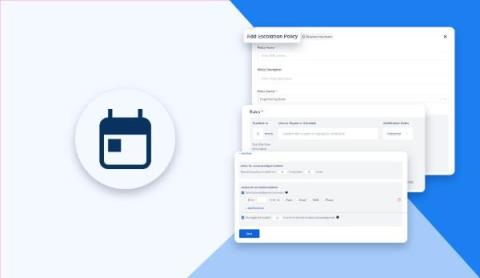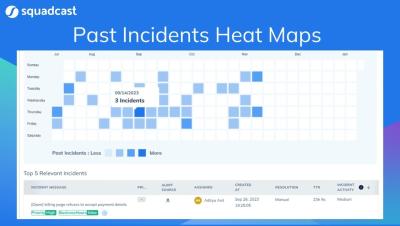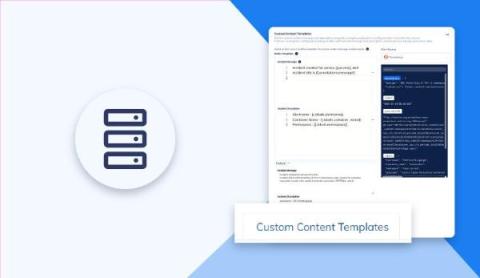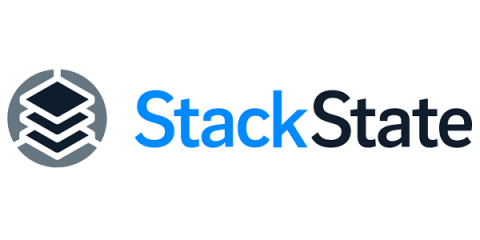From New Relic to AWS: Secrets of creating a blameless culture
We are excited to feature our COO Ken Gavranovic, with his rich experience at New Relic, Cox, and Web.com, our CEO Jim Gochee, who brings insights from his time at Apple and New Relic, and Lee Atchison, a seasoned expert from New Relic, Amazon, and AWS.











